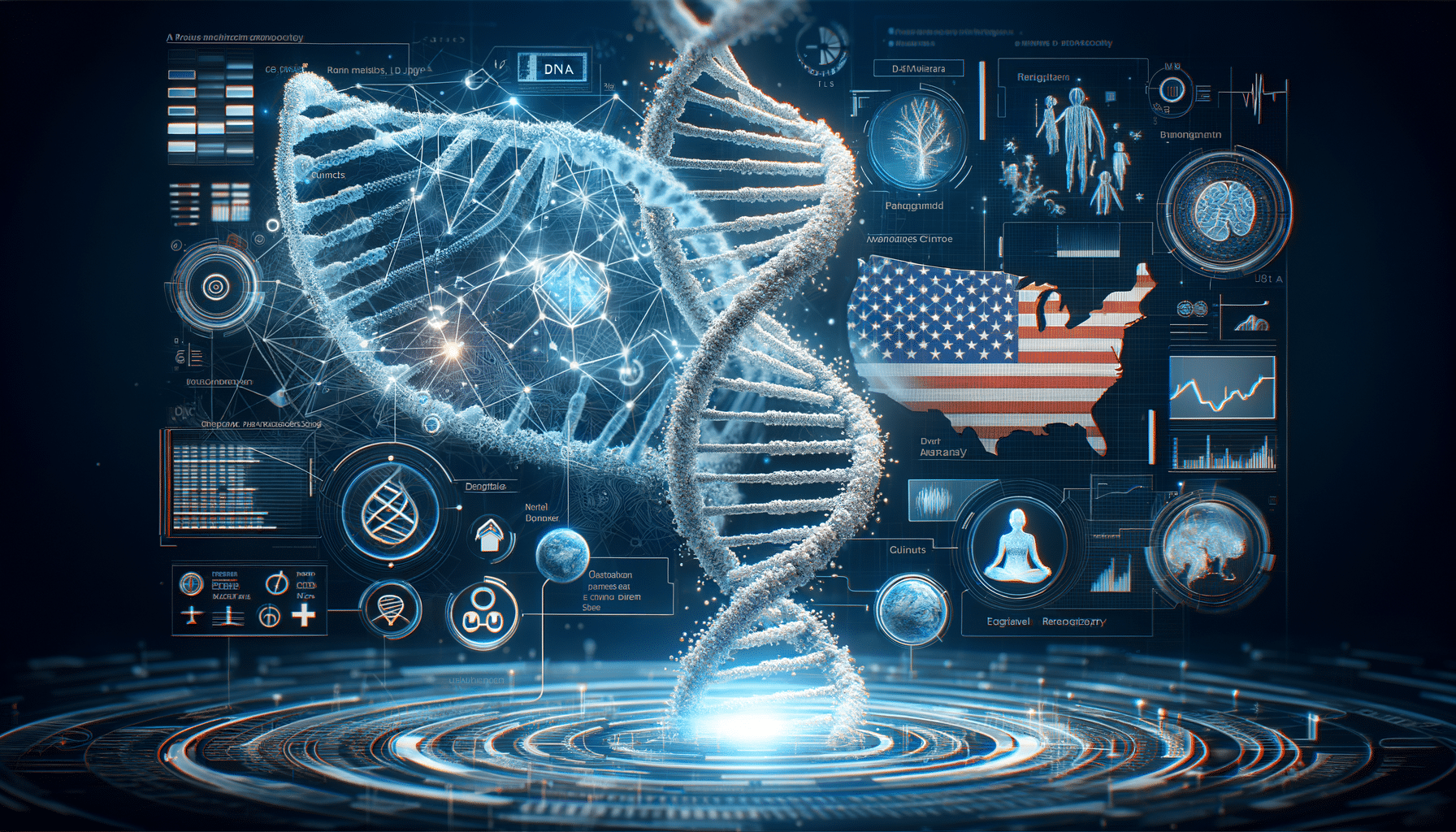
Explore Family History with DNA Services Across the U.S.
Introduction to DNA Testing
DNA testing has revolutionized the way individuals explore their ancestry and connect with family history. As these services become increasingly accessible, people across the U.S. are turning to DNA tools to uncover the mysteries of their lineage and heritage. By analyzing genetic material, these tests provide insights into ancestral origins, potential health risks, and familial connections, making them a valuable resource for anyone interested in their genealogical background.
The Science Behind DNA Testing
DNA testing involves the collection and analysis of genetic material to identify specific markers that indicate ancestry and familial relationships. The process typically begins with a simple saliva or cheek swab sample, which is then sent to a laboratory for analysis. The lab examines the DNA for markers that are known to be associated with different ethnic groups and geographical regions. By comparing these markers to a vast database of genetic information, the test can provide an estimate of an individual’s ethnic background and ancestral roots.
These tests can also reveal information about inherited traits and potential health risks. For example, certain genetic markers may indicate a predisposition to specific medical conditions, allowing individuals to take proactive steps in managing their health. Furthermore, DNA testing can identify relatives who share common ancestors, offering opportunities to connect with long-lost family members.
Types of DNA Tests Available
There are several types of DNA tests available, each serving a different purpose. The most common tests include:
- Autosomal DNA Tests: These tests analyze the 22 pairs of non-sex chromosomes and are used to estimate an individual’s ethnic background and find relatives within a few generations.
- Y-DNA Tests: These tests focus on the Y chromosome, which is passed from father to son, and are used to trace paternal lineage.
- Mitochondrial DNA Tests: These tests examine the mitochondrial DNA passed from mother to child, useful for tracing maternal ancestry.
Each type of test provides different insights, and choosing the right one depends on the specific genealogical questions an individual wants to explore.
Privacy and Ethical Considerations
While DNA testing offers numerous benefits, it also raises important privacy and ethical considerations. Individuals must be aware of how their genetic data will be used and stored by the testing companies. Many companies provide options for users to control their data, such as opting out of research studies or sharing information with third parties.
Ethical concerns also arise regarding the potential misuse of genetic information. For instance, there are fears about genetic discrimination in employment or insurance. To address these issues, legislation such as the Genetic Information Nondiscrimination Act (GINA) has been enacted to protect individuals from discrimination based on genetic information.
The Future of DNA Testing
The future of DNA testing is promising, with advancements in technology leading to more detailed and accurate results. As databases grow and analytical methods improve, individuals will gain even deeper insights into their ancestry and health. Moreover, the integration of artificial intelligence in data analysis could enhance the ability to predict health risks and provide personalized health recommendations.
In the coming years, DNA testing is expected to become even more integrated into everyday life, offering not only genealogical insights but also contributing to personalized medicine and health management. As this field evolves, it will be crucial to balance the benefits with ethical considerations to ensure the responsible use of genetic information.


